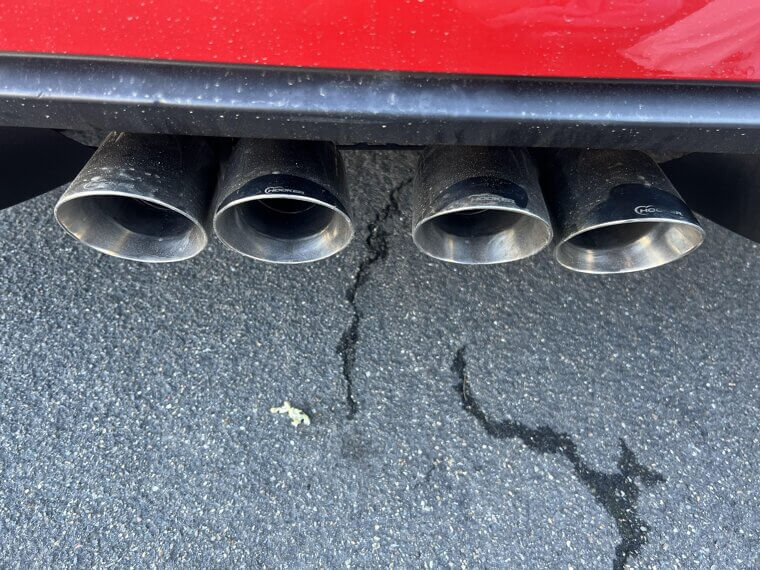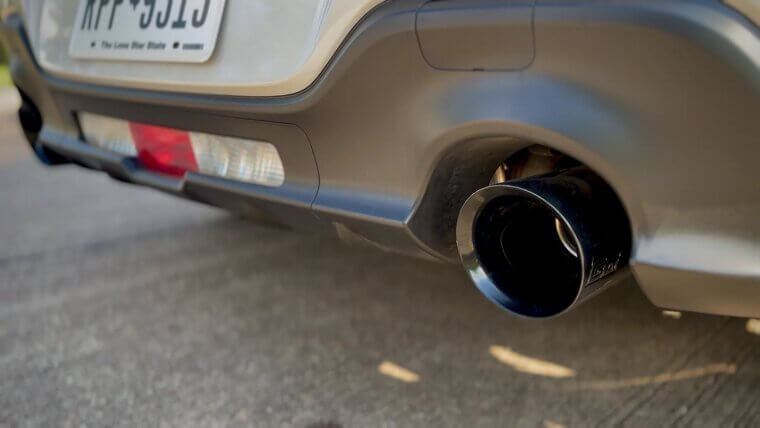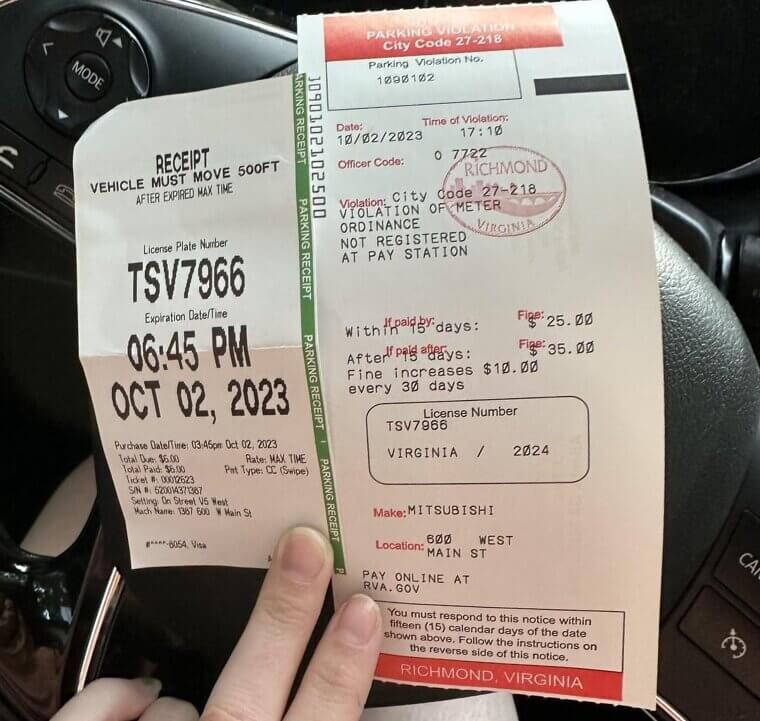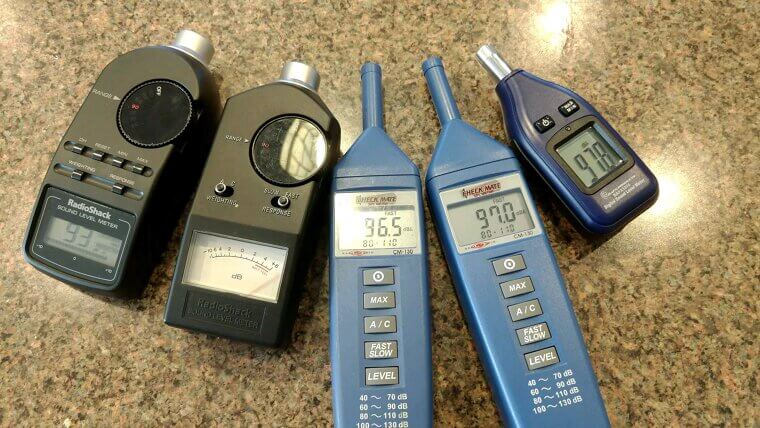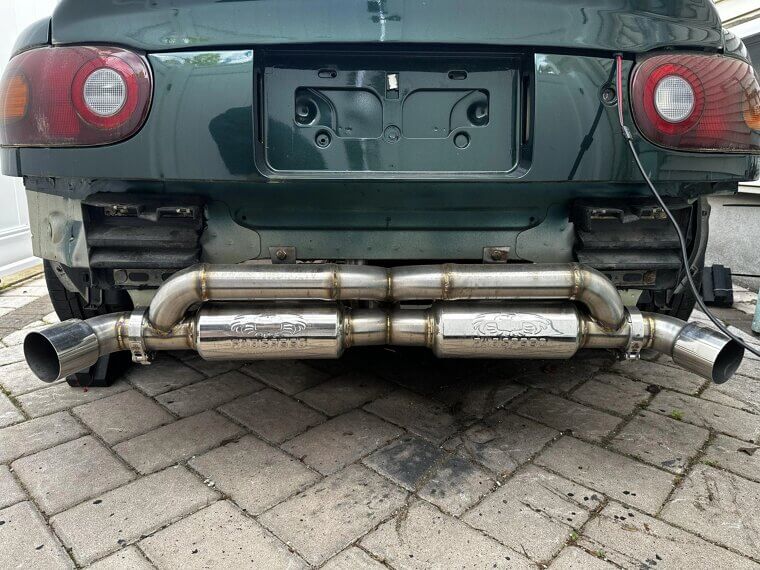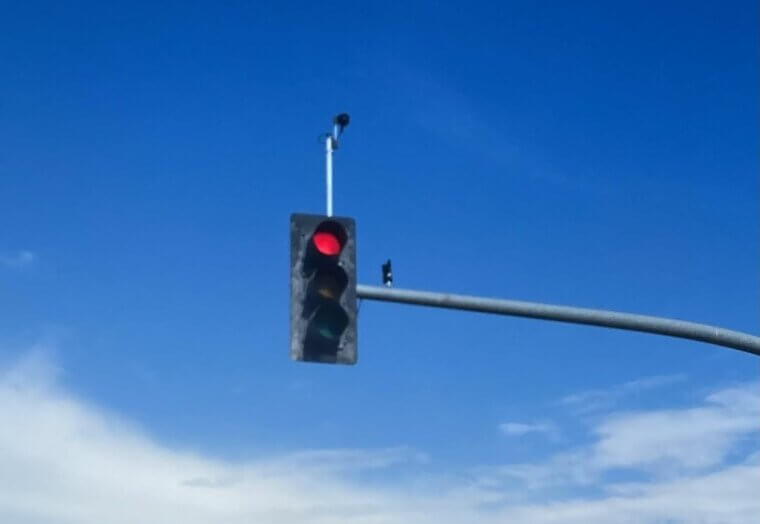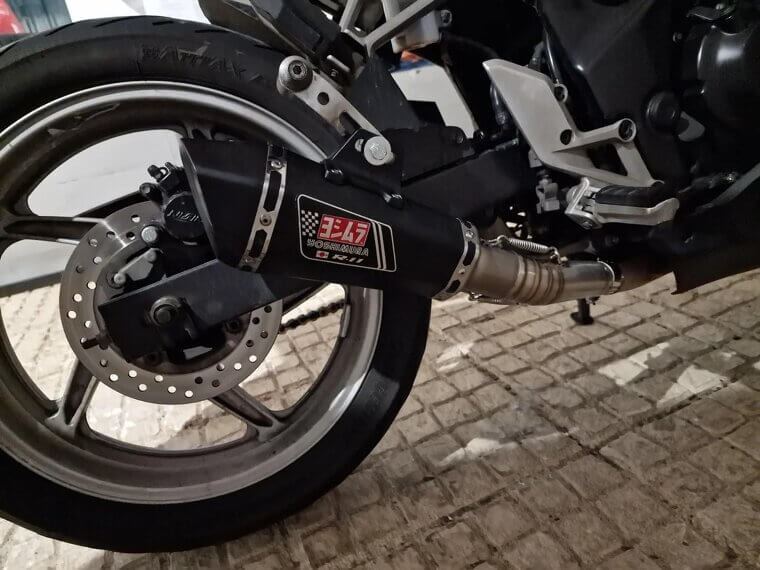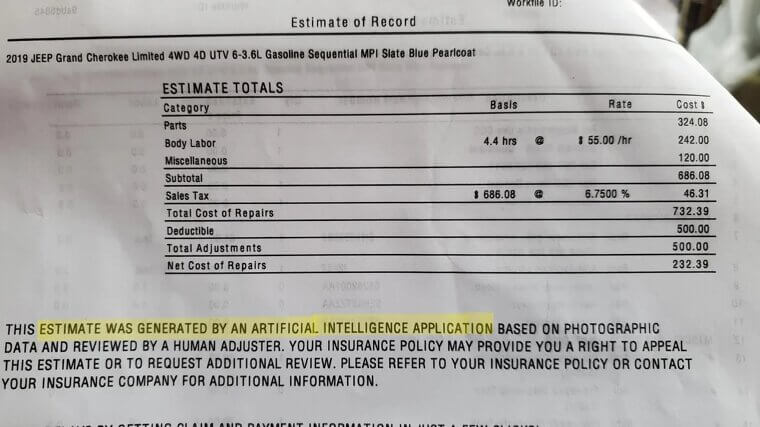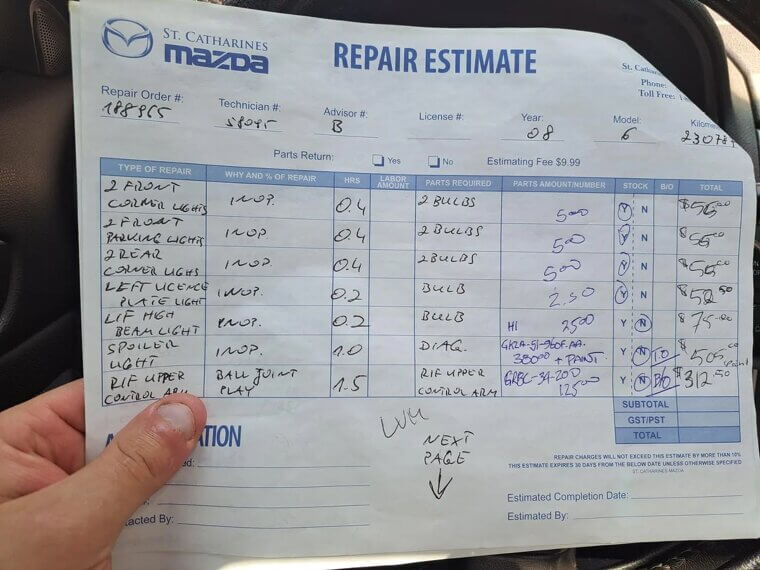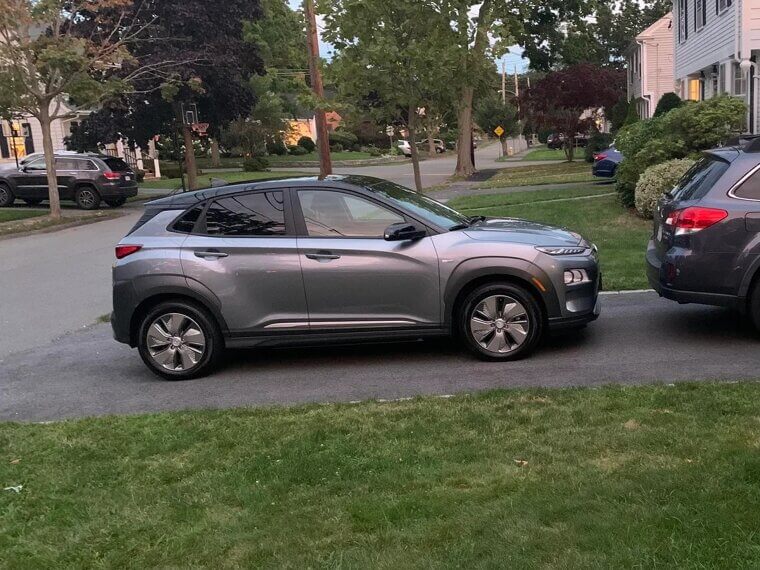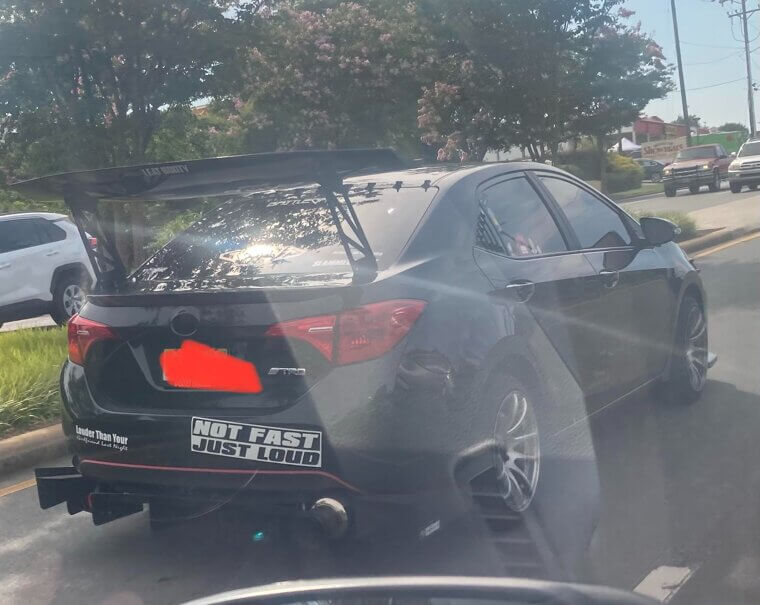Loud Exhausts Are Going Out the Door and off the Roads
Whether you’re a racer, an enthusiast, or a hobby modifier, it should be in your interest to stay up to date with the laws regarding exhausts in your state. Across the U.S., enforcement is intensifying against policies related to loud exhaust systems. Here’s what you need to know to avoid fines, stay legal, and understand why it has become such a point of contention.
Noise Limits Are Getting Stricter
Across the country, decibel limits for vehicle exhausts are getting lower. For example, the legal limit in California is now 95 decibels for vehicles. If your vehicle goes beyond this limitation, you could potentially receive a fine or citation. The enforcement of these policies is particularly increasing in residential and compact urban areas.
Fines Can Be Expensive
Depending on the state and the number of offenses you have committed, fines can range anywhere from $100 to $1,000, as the penalties for having a loud exhaust vary. In some cities, you may even have to appear in court or have a mandatory inspection, which makes repeat violations harder to ignore.
Police Are Using Sound Meters
Whether it's a roadside stop, a car meet, or an inspection after a neighbor has complained, law enforcement is now using decibel meters to measure the loudness of your vehicle. If your vehicle is too noisy, the police can issue a ticket immediately.
Modified Exhausts Are Targeted
Aftermarket exhausts that produce noise are under particular scrutiny. Even if the exhaust you have bought and attached is marketed as “street legal,” the modification alone can violate certain local laws. Aesthetic or performance-enhancing tempering may also attract unwanted legal attention.
Some Cities Use Sound Cameras
Some municipalities in the U.S., such as New York, have introduced sound-detecting cameras that can automatically issue fines to vehicles going over noise limits. These systems operate similarly to red-light cameras, utilizing license plate recognition to enforce policies without requiring human intervention.
Motorcycles Aren’t Exempt
Some states are now requiring motorcycles to have EPA-approved mufflers. Many riders believe that the laws governing motorcycles are more lenient than those for cars. However, this is not the case. Whether you’re cruising on the back roads or in residential neighborhoods, you should be aware of the noise your motorcycle is making, as you can very well get ticketed.
Exhaust Tickets Can Affect Insurance
A single violation may not raise your rates, but repeated offenses sure will and can appear on your driving record, which will ultimately negatively impact your insurance premiums. Repeated violations can be seen as a sign of risky behavior behind the wheel.
Inspections Are Getting Tougher
Stricter checks on exhaust systems are now happening annually or even biannually. If your configuration fails to meet the OEM standard or state-approved laws, you could easily fail your inspection. It is particularly common in emissions-regulated states such as California, Newyork, and Massachusetts.
Electric Vehicles Are Quiet by Design
The recent national intervention on exhaust systems has had a significant ripple effect, prompting buyers to consider quieter alternatives, such as electric vehicles. EVs don’t need tailpipes or mufflers by design. This shift in automotive culture has reflected the general public's support for reducing urban noise pollution.
Public Complaints Are Fueling the Crackdown
The concern over noisy vehicles isn’t just from law enforcement. It is also an issue that has been raised by citizens who can no longer tolerate loud cars and the noise pollution they cause. Action is taking place online and on mobile applications that allow the public to report noise directly to the police.

